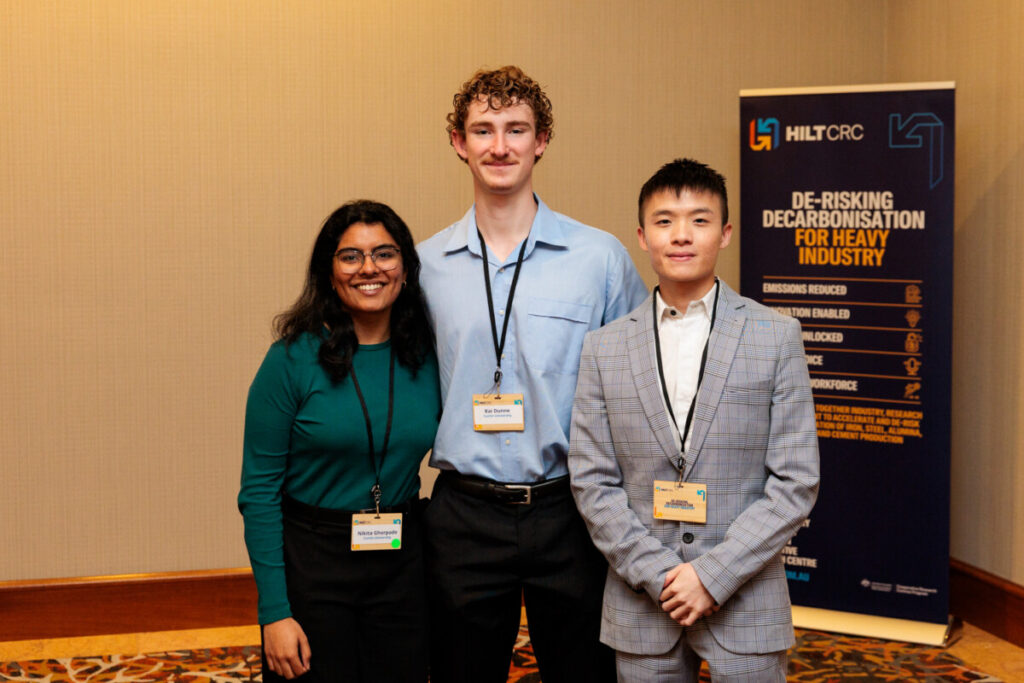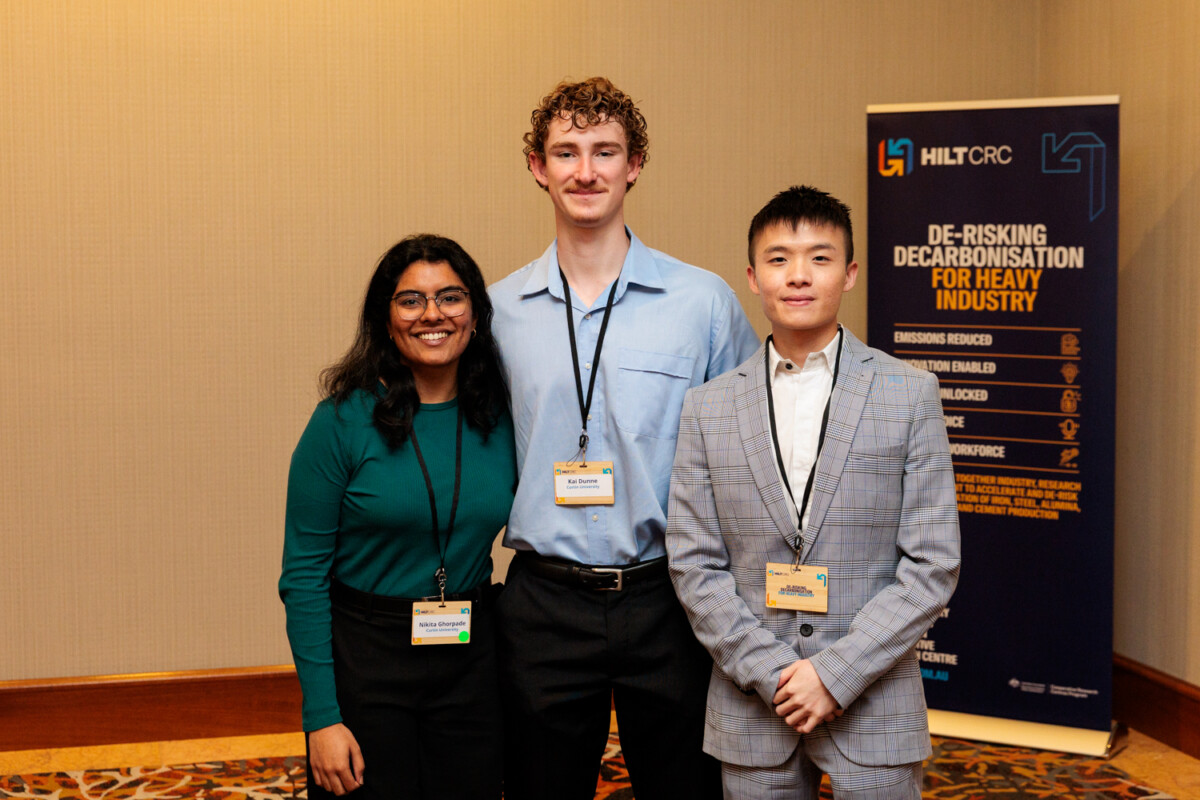Curtin scholarships secure heavy industry’s net-zero future

The Heavy Industry Low-carbon Transition Cooperative Research Centre (HILT CRC) has announced the recipients of the inaugural 2025 HILT CRC-Curtin University Engineering Scholarships.
Curtin University Engineering students Jiun Wei Cheong, Kai Dunne, Nikita Ghorpade, Caitlin Oh and Fransiskus (Rio) Widjaja have all been selected as recipients.
The scholarship includes several benefits including financial support, networking opportunities and access to the HILT CRC collaborative ecosystem, including potential internships and exposure to industry-sponsored projects.
Kai Dunne, Bachelor of Engineering — Mechanical, says this scholarship will ease financial pressure and allow him to focus on opportunities in sustainable industrial processes.
“I have wanted to make a difference to the world as an engineer ever since I was building piping systems in my Year 1 sandpit with PVC offcuts,” he said.
“This passion has only grown stronger over the years, and now, almost halfway through my degree, I realise that this dream will come true.”
HILT CRC chief executive officer Jenny Selway says the calibre of applications were exceptionally high, addressing these scholarship recipients as representing Australian’s transition into a low-carbon economy.
“HILT CRC is helping our research partners build a pipeline of skilled professionals who will lead the decarbonisation of Australia’s heavy industries — from steel and aluminium to cement and beyond,” she said.
Nikita Ghorpade, Bachelor of Engineering – Chemical and Bachelor of Science – Extractive Metallurgy, notes that the scholarship offers assurance that her efforts and aspirations are valued.
“This award not only provides financial support, but the independence to work more deeply in learning and leadership initiatives,” she said.
“I can pursue the opportunities most meaningful to me, like internships in mining and energy and further technical studies in sustainable processing.”
The scholarships, which provide up to $15,000 over two years, support Curtin University engineering students committed to advancing the low-carbon transition of Australia’s heavy industries.
HILT CRC is broadening their reach in 2026 by working with more organisations like The University of Adelaide, The Australian National University and Swinburne University of Technology in hopes to create a national platform to inspire Australia’s next generation of decarbonisation leaders.























